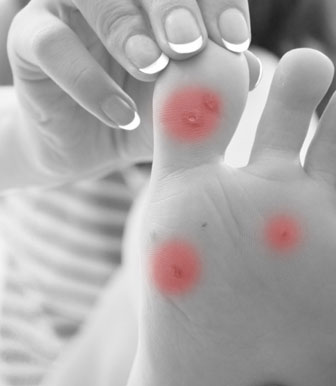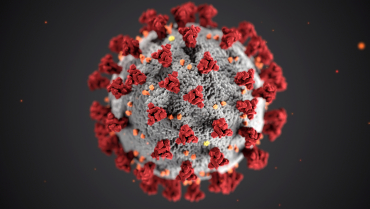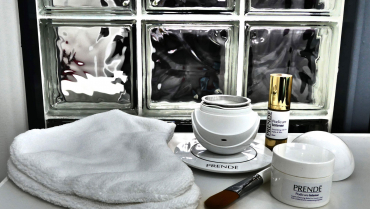Why won’t that verruca vanish?
How did I get that pesky verruca and what are they?
Verruca are warts that are commonly found on the soles of the feet. They are caused by the Human Papilloma Virus (HPV) and are passed from person to person. The virus will usually enter through a cut, scratch or area of dry skin on your foot.
Are Verrucae serious?
They are harmless but can sometimes be painful if they form on a weight bearing area. In these areas callus can form over the top of the verruca causing discomfort.
How do I treat my Verruca?
In many cases, verrucae will disappear without treatment once the immune system recognizes the virus and fights the infection. However, this can take many months or even years. Letting your body deal with the verruca is the safest course of action. You may choose to throw a myriad of treatments at the verruca but the fact is this virus is very clever and hides itself from the body’s immune system very very well, and if it cant be detected the immune system can’t launch a fight against it.
What if I want to try to get rid of my Verruca?
The only way that a verruca is going to disappear is if every single infected skin cell is killed. The body needs to produce enough antibodies to kill every infected cell. Treatments try to stimulate this response, however, there is no such thing as a guaranteed cure. Trust me when I say if I had a pound for every time a patient asked which treatment works or how long will it take to go, I’d be a very rich lady. The fact is both of these are million dollar questions and anyone who claims to have an exact answer is not being entirely truthful.
Possible Treatment Options:
- Do nothing
If the verruca is not painful or having any psychological impact then it is best left alone for the immune system to deal with it.
- Over the Counter Preparations
There is a bewildering array of products on the market, some with unsubstantiated and misleading claims. None are proven to work and it can be a bit of a ‘lucky dip’.
- Stimulating the Immune System
Your Podiatrist can debride the verruca with a scalpel, the lesion will bleed at this point, but this is essential to stimulate a cell mediated immune response.
You should rebook with your Podiatrist every 4 weeks for assessment and scalpel debridement of your verruca.
- Acid Based Treatments
Your podiatrist can apply a caustic (stronger than over the counter preparations) inside a small felt ring stuck to the verruca. The caustic hyper-hydrates the verruca cells causing them to burst and die. This method is usually painless but does require that the dressing is kept dry for 3 to 5 days after every treatment. The caustic is reapplied weekly until the verruca has gone. As verrucae are viral no one can guarantee how many sessions will be required to cure the lesion, it is very much dependent on an individual’s immune response.
- Cryotherapy
This involves freezing the verruca with liquid nitrogen or nitrous oxide. This needs to be done at 3 weekly intervals over a few months until the verruca has healed. This treatment can be very painful and can lead to soreness and blistering in some people.
- Needling
The foot will be anaesthetized by using an ankle block. A hypodermic needle is then used to repeatedly puncture the verruca to provoke an immune response. The foot is dressed after treatment. More than one needling session is sometimes required. Again as with all verruca treatments, a cure cannot be guaranteed, but needling has been shown to reduce pain levels in verruca lesions or at least reduce them in size.





